Food and drink highlights of Italy
- Tipping - Don't tip - the service tip is usually included in the cost of the meal.
- Eating hours -
- Shopping hours - If you are going to the store, remember about a siesta (break). Usually from 12 to 16 smaller shops or even supermarkets can be closed.
- Discount shops -
- Cuisine type - Italian cuisine combines the Mediterranean diet's health benefits with a wide choice of seasonal ingredients and regional flavors.
- Savoir Vivre - Don't take cappuccino after midday, because it's a morning drink. Don't share your pizza - it's meant to be eaten by one person and never order spaghetti with meatballs - it's a tourist invention. It's also weird to add ketchup to pasta.
- Main ingredients - Breakfasts usually include coffee, sweet bread, jam and juice. Other meals are based on pasta, beef and vegetables. The coast is known for its delicious seafood.
- Most popular alcohol - The second most popular alcoholic drink next to wine is Campari, the production of which began in a small local bar in the province of Novara in the 19th century.
- Warning - Dinner is the most important meal for all Italians and it can last many hours. It is undoubtedly a ritual, passed down from generation to generation, that all Italians, even in large cities, follow.
Did you find this information valuable?
Thank you for co-creating with us! 😊 Remember to give us feedback by pressing the thumbs up or down under every section.
The quality of content is essential for us. Please let us know what influenced your opinion.
Thank you!
Foods to try in Italy
- Pasta CarbonaraThis simple Roman pasta dish derives its name from “carbone” which means coal. . It was a pasta popular among coal miners. The original recipe includes guanciale (pig’s cheek) but since it's not so available, we use bacon instead.
- Ossobuco alla MilaneseIt is a famous Milan dish that consists of veal drumsticks boiled in white wine and broth. A treat for fans of refined flavors!
- BottargaBottarga is sicilian caviar. In August and September southern Italians take the roe from grey mullets, salt it, press it, and then leave it to dry for six months. The result is a solid hunk of eggs in the color of amber and blood oranges.Sliced and eaten or grated over pasta, it blossoms into a gloriously savory, smoky, and briny bouquet.
- LasagnaLasagna is a wide, flat pasta, which is usually baked in layers in the oven. Traditionally lasagna wasn’t made with tomatoes. It was made with ragù, béchamel sauce and cheese( usually mozzarella or Parmigiano Reggiano or a combination of both). Even today, only a bit of tomato or tomato sauce is used in a traditional lasagna, unlike most Italian-American dishes, which are basically swimming in tomato sauce.
- Fiorentina SteakIt is quite thick ( at least 5 cm), T-bone steak, which is obtained from Chianina cows raised in Tuscany. It’s fried for 5 to 7 minutes on each side,, until the outside is cooked and the inside remains still very rare.
Did you find this information valuable?
Thank you for co-creating with us! 😊 Remember to give us feedback by pressing the thumbs up or down under every section.
The quality of content is essential for us. Please let us know what influenced your opinion.
Thank you!
Unusual facts about food in Italy
- Eating together is one of the most important elements of the culture.
- Antipasti is often the first part of the meal.
- There are more than 600 different pasta shapes and most of them has its own type of sauce to go with.
- An Italian eats about 23 kg of pasta per year.
- Latte' in Italian means milk, so be aware that by ordering the famous, milky 'latte' you won't get any coffee with it. When ordering, the key word is cafe and then latte.
Did you find this information valuable?
Thank you for co-creating with us! 😊 Remember to give us feedback by pressing the thumbs up or down under every section.
The quality of content is essential for us. Please let us know what influenced your opinion.
Thank you!
Place to stay in Italy
- Best booking sites -
- Seasonality - Italy has 'high' and 'low' tourist seasons, but in between these are the so-called 'shoulder seasons'. Seasons vary depending on the region, and even during the low season in Italy, there is no shortage of tourists.
- Cost-effective - If you are looking for very cheap accommodation, consider pilgrim homes. There are slightly different rules in the pilgrim's homes, for example a limited time to go out, but the standard and atmosphere can be a very pleasant surprise.
- Formalities - You can be asked to complete a form upon your arrival - it is usually required by the local laws for hotels and guesthouses to register every visitor. In some hotels, instead of filling a form, you'll be asked to leave your passport, so that the staff can make a fotocopy. The passport is usually returned to you the next time you enter the hotel lobby.
- Parking - Many hotels(especially in the city) do not offer parking spaces. Parking at hotels can cost up to 40 euros per night.
- Payments - In fact, in Italy, card payments are already accepted everywhere, but in smaller towns or campsites there may still be a problem. It is worth having a supply of cash with you.
- Local names - Hotel in Italian is called ‘albergo’.
- Camp - Camping in Italy is allowed only on camping sites.
- Important - Ask for an ironing service at the reception. You will not find irons or coffee makers in the hotel room as it is forbidden by law.
- Warning - You may find an emergency cord hanging in your shower. Use it only in extreme cases.
Did you find this information valuable?
Thank you for co-creating with us! 😊 Remember to give us feedback by pressing the thumbs up or down under every section.
The quality of content is essential for us. Please let us know what influenced your opinion.
Thank you!
Accommodation in Italy
- Lower-class hotels are usually located in the outer areas of the city . It offers a bed in a shared room or a private room with a shared bathroom.
- A guesthouse is a family owned business located away from the city that offers small, usually double rooms with a private bathroom and an access to a shared kitchen (usually with breakfast included).
- A mid-range hotel is usually located near city center and offers rooms with a private bathroom, air conditioning and TV.
- Higher-class hotel is located in a city center or near main attractions and it offers rooms with a private bathroom, air conditioning, mini-bar (usually with free water), TV and additional services such as all-inclusive offers or room service.
- Luxurious resort offers big suites including a living room, bedroom and bathroom; an access to gym, swimming pool, and offers such as all-inclusive or private service.
Did you find this information valuable?
Thank you for co-creating with us! 😊 Remember to give us feedback by pressing the thumbs up or down under every section.
The quality of content is essential for us. Please let us know what influenced your opinion.
Thank you!
Getting around Italy
- Most popular - Train is the most popular way for tourists to get around the country.
- Cost-effective - By taking advantage of various promotions, train travel can be the cheapest option. However, in the city, check whether there is an option to buy a temporary or tourist card, which allows you to use all means of transport at a profitable price.
- Time-efficient - Scooter is the fastest mean of single-person transport in Italy.
- Traffic safety - Drivers in Northern Italy usually follow road rules, but watch out while driving in Southern Italy, where drivers drive carelessly.
- Important - Scooters and bicycles are often stolen.
- Warning - When driving off lights in Italian cities and intending to make a right or left turn, first carefully assess the situation in the mirrors. It is very likely that you will be surrounded by a swarm of scooters.
Bus
- You have to buy bus tickets before your ride. You can purchase them from newsstands or tobacconists that have the bus station logo on.
- Not all buses have tickets available on board.
- A search website that combines databases of all bus operators, including smaller ones, is available at: ibus.it.
Train
- A rail pass is not always the most economical option. Sometimes it’s cheaper to buy individual tickets for each trip.
- For long-distance trips, you'll need to pay an extra reservation fee.
- Train system in Italy is generally run by one company per region. Watch out for small changes in schedules and trainline names.
- Avoid taking the fast train (freccia), if travelling in short distances - it's usually much more expensive.
- Always validate a train ticket before the ride. Look for yellow or blue machines - you will find them at the end of the platform.
- Reserve your ticket earlier , if you're traveling during the weekend or national holidays.
- The TrenItalia website is the best way to look for a railway connection. Its English version is very easy . The main page shows the current promotions of the Italian railways.
- Ticket prices may vary depending on the departure time of the train.
- Trenord is a separate operator offering connections in only one region. It specializes in the northern part of the country. On trenord.it, you can find information about railpasses, on which you can save money.
- On all Regional Transport trains: free transport for an appropriately folded or dismantled bike, one per passenger. For more information check trenitalia website.
Motorcycle
- Wear sunglasses when driving a scooter - they protect you from sun and insects.
- Keep a small towel in your scooter to clean it after rain.
- Don't park in blue bays (paid car spots) - you can get a fine.
- You can rent a Vespa in many local companies, but keep in mind that it is quite hard to drive around Italian towns.
- Visiting Italy by motorbike will be perfect for photographing landscapes. Remember that motorbikes are not a good means of transport for long-distance travelling- they are perfect for shooting around towns and islands. Helmets are compulsory.
Car
- Zona Traffico Limitato (ZTL) is sometimes called the 'Area Pedonale' - this is an area restricted to pedestrian traffic.
- If you're looking for more relaxing ride, try driving on Sunday. Many families stay at home that day.
- If you go to a rural area like Tuscany, renting a car would be a good option.
- Renting a car in Italy might be expensive, especially if you're aiming for an automatic transmission.
Taxi
- Taxi drivers don't expect tips. If you absolutely want to tip, round the price to 1 euro.
- Remember to always agree on a price before starting the ride.
- Try to get a taxi from an official taxi rank. It lowers the chance of getting into unregistered taxi.
- Drivers usually start to charge a fee at the moment they get the order, no matter where they are. Don't be surprised, if the driver pulls up with a few euros already on a taximeter.
- If the taxi driver to impose himself and encourages you - do not go with him.. If someone is hawking a cab, they’re usually trying to take advantage of you and your money.
- Make sure the taximeter is running. If the driver says it’s broken, they usually try to get as much money from you as possible.
Boat
- Italy has more than 4,000 miles of coastline. Boats are popular alternatives to planes when traveling to Sardinia or Sicily (two Italian islands).
- In Venice the ‘vaporetto’: is the boat equivalent of a public bus.
- Boat and hydrofoil are the best ways to travel to Italian islands from the mainland.
Bicycle
- Cycling is a very popular sport and mode of transport in Italy.
- Hotels and hostels have bicycle storage facilities and will take your bike in overnight for safekeeping.
- On the islands, in the mountains, around the Italian Lakes, in major resorts and larger cities, it’s usually possible to rent a bike. In rural areas rental facilities are few and far away from each other.
Hitchhiking
- Italy is one of the most difficult countries to hitchhike in terms of current infrastructure - there are relatively few coves and often the roadside is missing. But generally, hitchhiking is safe.
- Average waiting time depends on the region, and there are no rules.
Did you find this information valuable?
Thank you for co-creating with us! 😊 Remember to give us feedback by pressing the thumbs up or down under every section.
The quality of content is essential for us. Please let us know what influenced your opinion.
Thank you!
How to travel in Italy
- Book train or bus tikcets in advance to avoid queues and get the best prices.
- Some Italian cities are built on the hills, so you can also move around them by cable cars.
- In Italy, we can also find city lifts, e.g. in Genoa. You will pay for the elevator ride at the ticket machine at the entrance. The cost is often smaller than for the bus ride.
Did you find this information valuable?
Thank you for co-creating with us! 😊 Remember to give us feedback by pressing the thumbs up or down under every section.
The quality of content is essential for us. Please let us know what influenced your opinion.
Thank you!
Best time to visit Italy
When to go
- The best time to visit Northern Italy starts from mid April to late September.
- In the south the temperatures are high throughout the whole year, so the decision when to visit this region comes down to personal preferences. It is recommended to avoid summer months (July, August), if you're not a fan of very hot and dry weather.
- If you plan to visit both, the north and the south of Italy, the optimal travel months are April, May, June and September, as they are the transition months between the hottest and the coldest seasons.
Temperature
- Average temperatures in Northern Italy oscillate around 20°C to 35°C in warm months and about 5°C to 15°C in colder months.
- In the south, average temperatures exceed 25°C. In summer they can reach over 40°C.
Rainfall
- Up north, the overall rainfall is between 1000 mm and 2500 mm per year. The Adriatic coast is more exposed to the rapid weather changes and unforeseen rainfalls.
- Up south, the overall rainfall is between 500 and 600 mm per year. The least rainy areas of Southern Italy are Sicily and Sardinia, where less than 300mm of rain falls per year.
- Up North, you have to be prepared for an unforeseen rainfall at all times.
Spring
- Up north, spring is misty and wet, with frequent rains and thunderstorms.
- Up south, temperatures in spring are similar to those reached in the summer in other areas of Italy.
Summer
- Up north, summer is usually hot and dry with common thunderstorms appearing randomly. July and August are the hottest months.
- Up south, the high temperatures begin to appear in May and it becomes colder at the end of October.
Fall
- Up north, early fall is quite hot, but it quickly becomes cold and very misty.
- Up south, temperatures in autumn are similar to those reached in the summer in other areas of Italy.
Winter
- Up north, it is common to experience snow and foggs during winter. The wind is strong and the overall temperature is quite low.
- Up south, winter is never harsh and the temperature is only a few degrees lower than during colder summer months.
Did you find this information valuable?
Thank you for co-creating with us! 😊 Remember to give us feedback by pressing the thumbs up or down under every section.
The quality of content is essential for us. Please let us know what influenced your opinion.
Thank you!
Italy weather Insights
- Summer in Italy is hot and dry and winter is wet and misty.
- Nights during summer can be very hot with little to no wind.
- There is always a breeze on the coast.
- Most mountains in Italy have snow during winter.
Did you find this information valuable?
Thank you for co-creating with us! 😊 Remember to give us feedback by pressing the thumbs up or down under every section.
The quality of content is essential for us. Please let us know what influenced your opinion.
Thank you!
Savoir-Vivre in Italy
- Greetings - It's normal to shake hands and for friends to kiss on both cheeks. Avoid saying ‘ciao’ to strangers - it may be perceived as rude. More formal and accepted greeting is ‘Buongiorno’.
- Punctuality -
- Dress code - Pay attention to the dress code - Italians can usually tell based on your outfit if you’re a tourist. Remember the rules - wear flip flops only in coastal cities, avoid tank tops and sweatpants in general.
- Temple entrance - If you're planning to visit some churches, remember to cover your knees and shoulders.
- Home invitation - A dinner invitation is truly a special thing. Don’t take off your shoes, bring a gift.
- Etiquette - Italians' loud conversations stem from their fiery temperament. This way of communicating is ingrained in their culture.
- Drones - We recommend using this map to easily check the applicable restrictions. If you are looking for more specific information take a look here.
Did you find this information valuable?
Thank you for co-creating with us! 😊 Remember to give us feedback by pressing the thumbs up or down under every section.
The quality of content is essential for us. Please let us know what influenced your opinion.
Thank you!
Things not to do in Italy
- Look after your belongings, especially bags. The crime rate is high - robbers often focus on tourists.
- Look both ways before crossing the street. Most of the time, drivers won’t stop and wait for pedestrians to cross the street if they’re waiting at the crosswalk.
- Carry the cash with you - a lot of places won't accept card payments, especially if you have to pay small amounts of money.
- Avoid tourist traps - souvenir shops, restaurants with English menus and free handouts. Such offers have the tendency to raise the price for their services.
- Skip the gondola ride in Venice - it's overpriced.
Did you find this information valuable?
Thank you for co-creating with us! 😊 Remember to give us feedback by pressing the thumbs up or down under every section.
The quality of content is essential for us. Please let us know what influenced your opinion.
Thank you!
Interesting facts about Italy
- Italy is the fifth most visited country in the world - expect a lot of tourists, wherever you go.
- Over 1/5 of Italy is covered in mountains. There are also over 1500 lakes around the whole country!
- All three of Europe’s active volcanoes - Etna, Stromboli and Vesuvius - are in Italy.
- Italy has the most UNESCO World Heritage sites in the world.
- Italy is the world's largest wine producer.
Did you find this information valuable?
Thank you for co-creating with us! 😊 Remember to give us feedback by pressing the thumbs up or down under every section.
The quality of content is essential for us. Please let us know what influenced your opinion.
Thank you!
Best souvenirs from Italy 💝
Great architecture, delicious cuisine, friendly people and a delightful weather - these are just some of the reasons why you can dream that your holiday in Italy will never end. Check what souvenirs to buy, to bring home a bit of southern sun! We have prepared for you proposals from various categories, so that everyone can find something just right for themselves and their loved ones.
🍺 Beverages
Coffee 💲 💲 💲 💲
It is worth getting Italian coffee, especially if you are a coffee lover. One of the better ones are Lavazza, Sao, Illy, Segafredo, Kimbo, Pellini and Vergnano.
📌 Region: Turin, Naples, Puglia
🛒 Where to buy: cafe, coffee shops
💰 Price range: 10 - 20 EUR
💡 Pro tip: Purchase a bag of coffee beans instead of ground coffee
🎁 For whom: grandparents, parents, friends, spouse
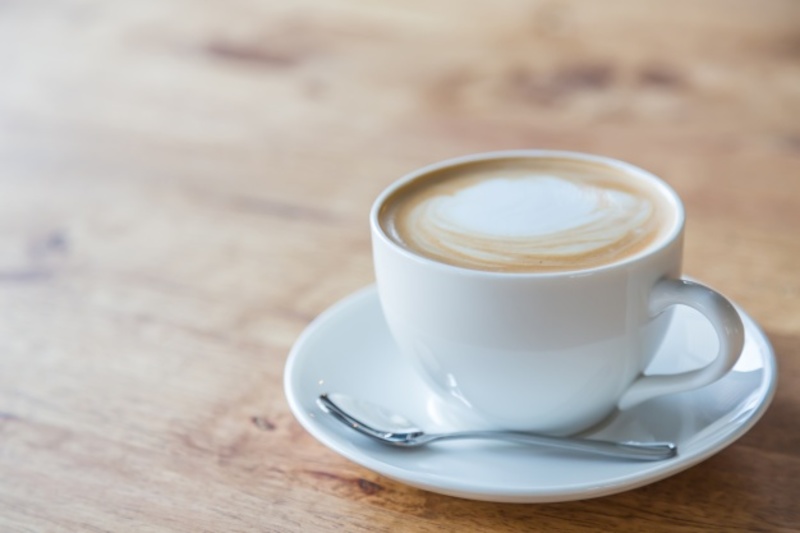
Liqueur 💲 💲 💲 💲
Italian liqueurs boast a huge range of flavors. Lemon (limoncello), almond (amaretto) or aniseed (sambuca), have not only excellent taste - some of them help to better digest a hearty meal.
🛒 Where to buy: grocery stores
💰 Price range: 10 - 30 EUR
🎁 For whom: grandparents, parents, friends, spouse

Wine 💲 💲 💲 💲
Italian wines are said to be among the best in the world thanks to the huge choice of flavors and varied production techniques. White, red, pink, dry or sweet - in Italy you will surely find a wine that suits your taste.
📌 Region: Tuscany, Lombardy, Umbria, Sardina, Puglia
🛒 Where to buy: wineries, wine shops, supermarkets
💰 Price range: 20 - 3000 EUR
💡 Pro tip: Purchasing wine with a DOC certificate, ensures that it is not fake
🎁 For whom: grandparents, parents, friends, spouse
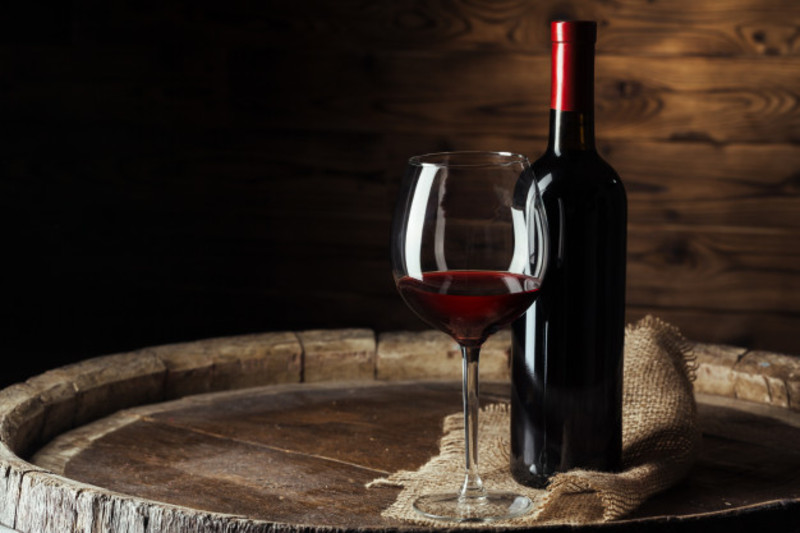
👚 Clothes
Borsalino Hats 💲 💲 💲 💲
Borsalino hats are luxurious hats, which owe their name to Giuseppe Borsalino - the founder of the brand. Thanks to Giuseppe's contribution to the development of the city of Alessandria, a museum of Borsalino hats was opened there.
📌 Region: Piedmont
🛒 Where to buy: Borsalino stores
💰 Price range: 200 - 1000 EUR
🎁 For whom: grandparents, parents
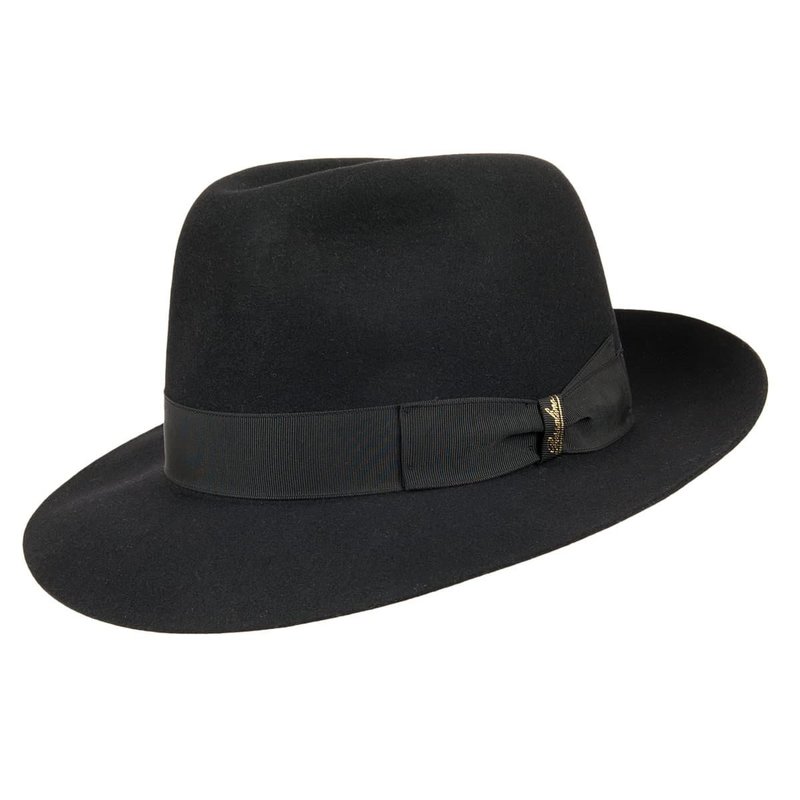
Garments 💲 💲 💲 💲
Italian fashion is one of the most appreciated and recognizable in the world. Here you will find the most famous, luxurious brands. Italian clothes are characterized by high quality materials and incredible finishes.
📌 Region: Lazio
🛒 Where to buy: clothing stores
💰 Price range: 50 - 1000 EUR
🎁 For whom: spouse

Shoes 💲 💲 💲 💲
It may be a good idea to take an interest in the Italian shoe industry. There is something for everyone. Shoes go perfectly well with the rest of characteristic Italian clothes, not inferior to their quality.
📌 Region: Lazio
🛒 Where to buy: boutiques, shoe shops
💰 Price range: 40 - 1000 EUR
🎁 For whom: spouse
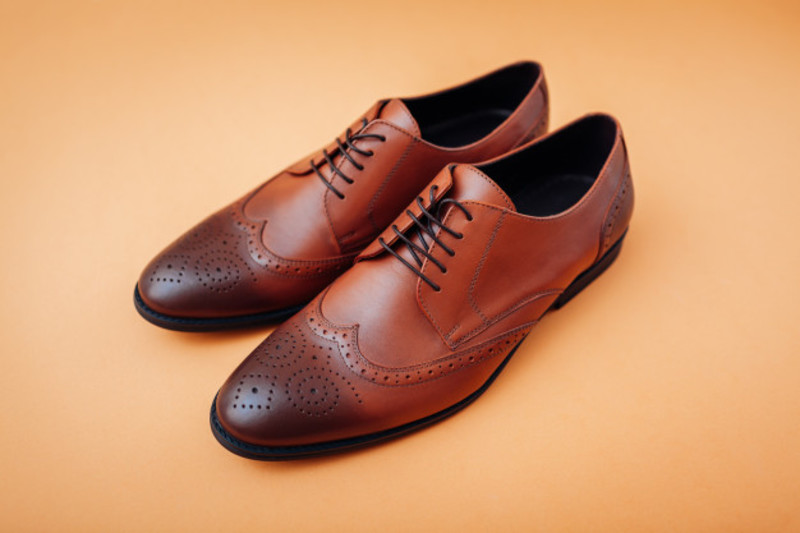
Silk Scarf 💲 💲 💲 💲
Silk products are closely related to Florence, where the material is widely used. It is important to be able to distinguish between real silk and false silk, which can easily escape the attention of tourists. If you need help, please consult your dealer.
📌 Region: Tuscany
🛒 Where to buy: dedicated shops, clothing stores
💰 Price range: 6 - 70 EUR
💡 Pro tip: Read specialized guide on how to recgonize real silk.
🎁 For whom: grandparents, parents, spouse
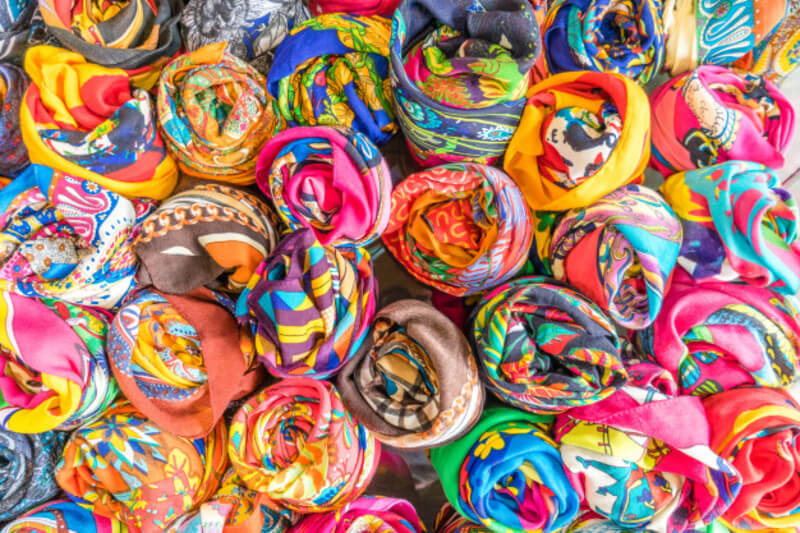
🛍 Collections
Bags & purses 💲 💲 💲 💲
This perfect complement to the Italian outfit is made of high quality leather. Some of the bags can be very expensive, especially those produced by brands such as Gucci, Armani or Prada.
📌 Region: Lazio
🛒 Where to buy: clothing stores
💰 Price range: 40 - 400 EUR
🎁 For whom: spouse
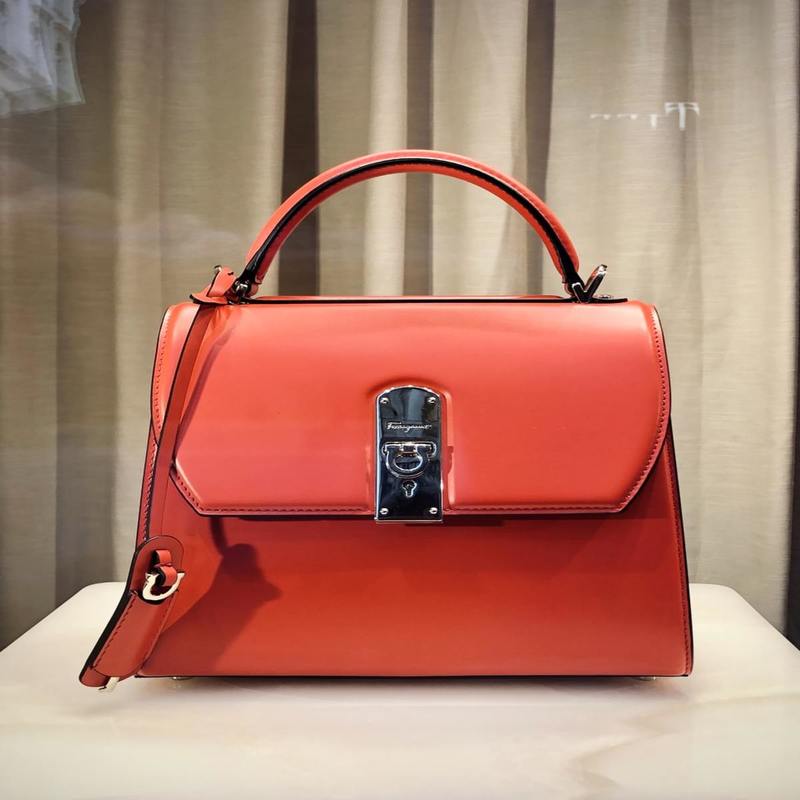
Jewellery 💲 💲 💲 💲
For centuries, jewelry was a symbol of style and wealth. Italy has delivered it to the most eminent personalities, to the royal courts or even to the Pope himself! Gold, silver and precious stones will be a beautiful souvenir for many years.
📌 Region: Lazio
🛒 Where to buy: jewelry stores
💰 Price range: 50 - 300 EUR
🎁 For whom: spouse
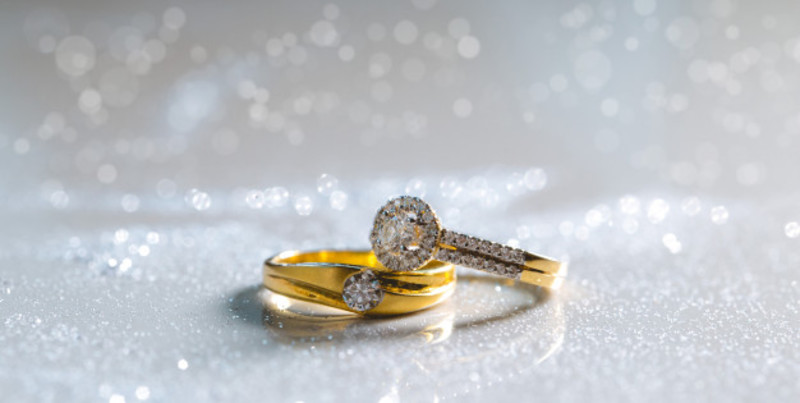
Venetian face mask 💲 💲 💲 💲
These typical Venetian masks were traditionally made of leather or glass. Richly decorated, they were worn by the wealthier members of society. Today, the masks are worn during the Venice Carnival, which takes place on Ash Wednesday eve.
📌 Region: Veneto
🛒 Where to buy: gift shops
💰 Price range: 1 - 20 EUR
🎁 For whom: spouse, friends, kids

💄 Cosmetics
Lemon Soap 💲 💲 💲 💲
Lemon soaps are only one of many products made from lemons that the Amalfi coast region has to offer. Beautifully scented soap will be a perfect gift for every fan of nice, natural scents.
📌 Region: Amalfi Coast
🛒 Where to buy: markets
💰 Price range: 2 - 10 EUR
🎁 For whom: grandparents, parents, spouse

Perfumes 💲 💲 💲 💲
Perfumes are one of the luxury products of Italy, known all over the world. The way they are produced is passed on from generation to generation. Perfume is a great idea for a gift for a loved one.
📌 Region: Tuscany
🛒 Where to buy: farmacias (so called)
💰 Price range: 50 - 500 EUR
🎁 For whom: spouse

🥗 Food
Chocolate 💲 💲 💲 💲
Italians make delicious, artisanal chocolate, which can often be described as a work of art, taking into account its shape, decoration, not to mention taste! You will find the best chocolate close to the Austrian border.
📌 Region: Piedmont
🛒 Where to buy: artisan shops, supermarkets
💰 Price range: 2 - 20 EUR
🎁 For whom: grandparents, parents, friends, spouse, kids

Gorgonzola 💲 💲 💲 💲
The recipe for this cheese dates back centuries, but locals claim that today's gorgonzola is different from the old recipe. The cheese is characterized by blue veins or mould, and it can be tasted in two flavors - sweet and spicy.
📌 Region: Lombardy
🛒 Where to buy: markets, supermarkets
💰 Price range: 4 - 7 EUR
💡 Pro tip: The real gorgonzola has a DOP certificate
🎁 For whom: grandparents, parents, friends
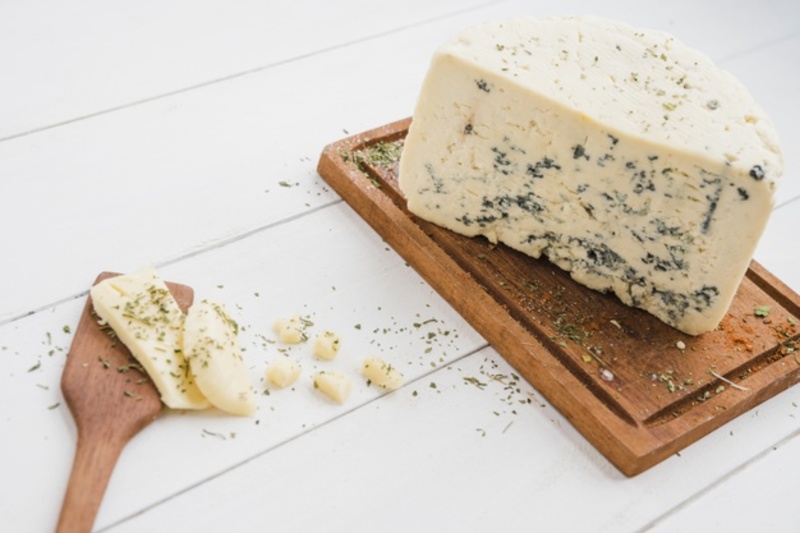
Jarred truffles 💲 💲 💲 💲
Truffles are mushrooms growing underground near the roots of trees. They are treated as an extraordinary culinary delicacy and are therefore very expensive. Specially trained dogs and pigs are used to find them. They are an exceptional addition to many dishes, for example in the form of oil.
📌 Region: Piedmont, Umbria, Tuscany
🛒 Where to buy: supermarkets
💰 Price range: 7 - 50 EUR
🎁 For whom: grandparents, parents, spouse
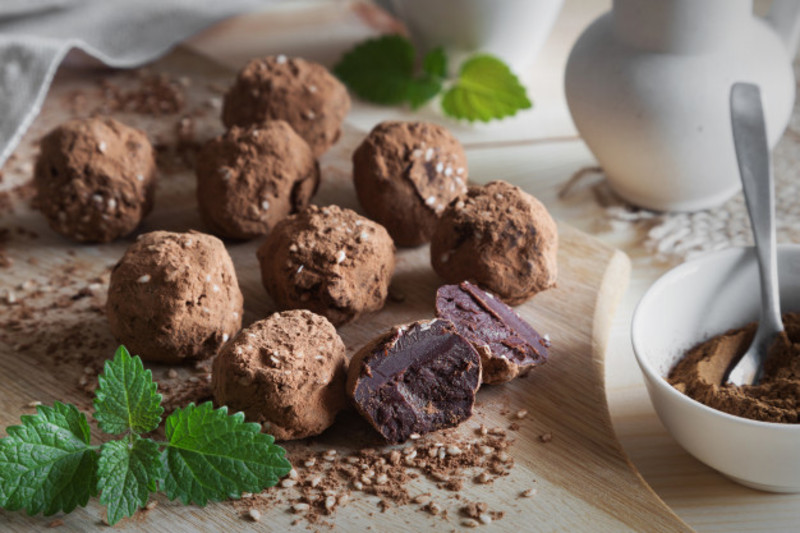
Olive Oil 💲 💲 💲 💲
Olive trees grow almost all over Italy, as they are located in a Mediterranean climate. Despite the fact that the oil can be found in almost every supermarket, it is worth trying the real Italian one.
📌 Region: Tuscany
🛒 Where to buy: dedicated shops, supermarkets, markets
💰 Price range: 10 - 50 EUR
💡 Pro tip: Do not buy it at the supermarkets.
🎁 For whom: grandparents, parents, friends
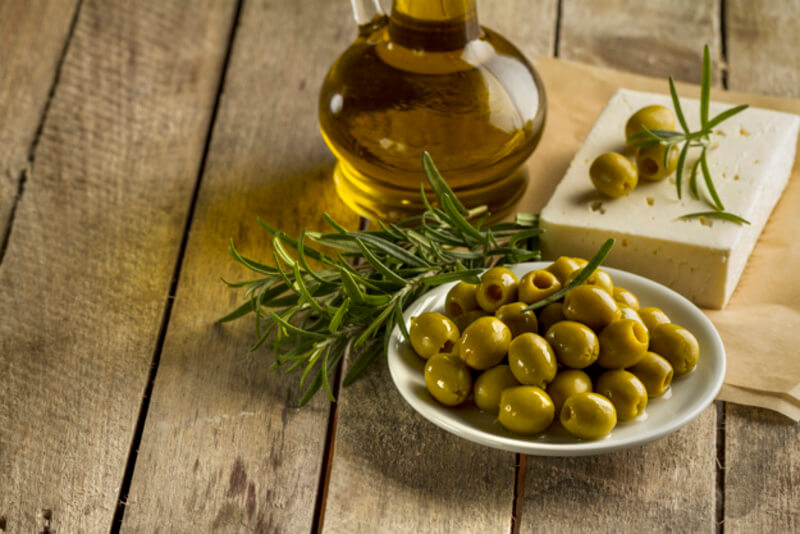
Parmigiano Reggiano - Parmesan 💲 💲 💲 💲
Parmesan is called the king of cheeses. It owes its name to the regions of Parma and Reggio-Emilia, where it is produced from cow's milk. It is used as an addition to pizza or spaghetti. It is the most famous product of Italy.
📌 Region: Emilia-Romagna
🛒 Where to buy: markets, supermarkets
💰 Price range: 10 - 30 EUR
💡 Pro tip: Purchase just before departuring home in order to maintain best quality
🎁 For whom: grandparents, parents, friends
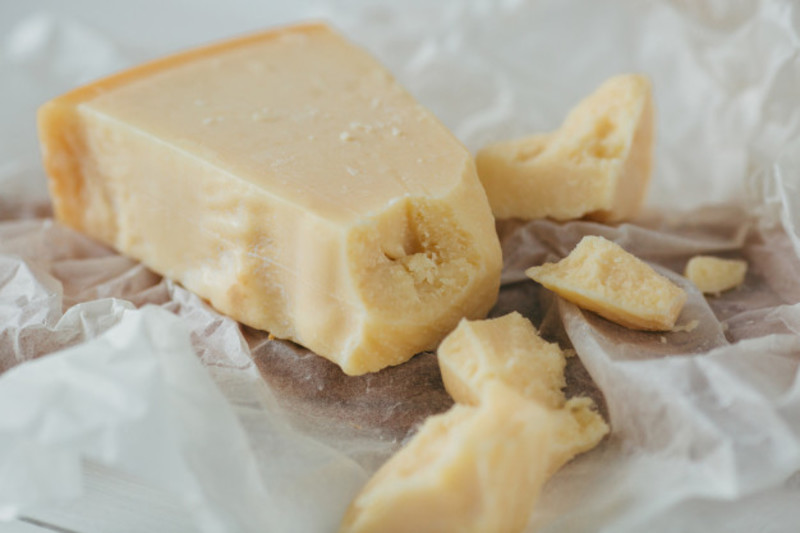
Prosciutto 💲 💲 💲 💲
This unique ham is specially dried and smoked for many months. It is sold sliced thinly. It is characterized by a specific smell and taste. It comes in many types: crudo - raw, smoked ham, cotto - cooked or speck - spiced ham.
📌 Region: Emilia-Romagna
🛒 Where to buy: supermarkets
💰 Price range: 15 - 50 EUR
🎁 For whom: grandparents, parents, friends, spouse
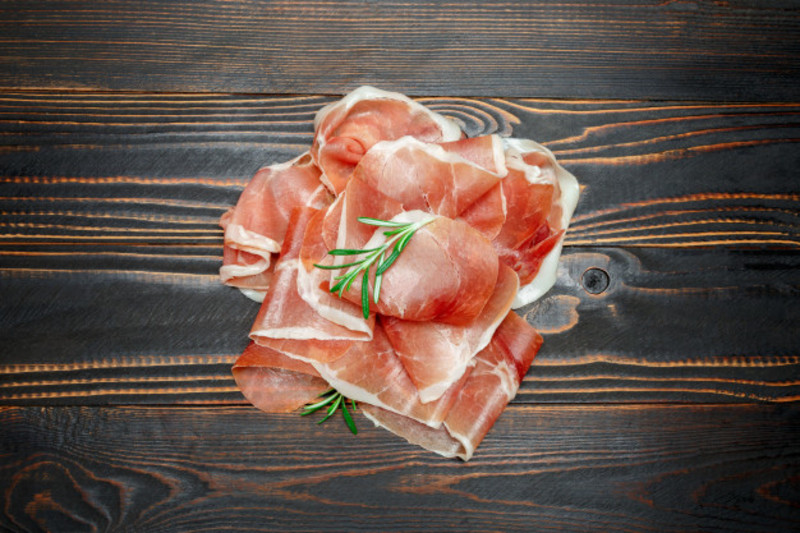
🖖 Handmade
Olive wood 💲 💲 💲 💲
Olive wood, coming from olive trees, can have different shades, from beautiful gold to black. Olive wood is often used to make kitchen furnishings and furniture, so an olive tree souvenir will be an aesthetic addition to your home.
🛒 Where to buy: markets
💰 Price range: 15 - 200 EUR
🎁 For whom: grandparents, parents, spouse, friends
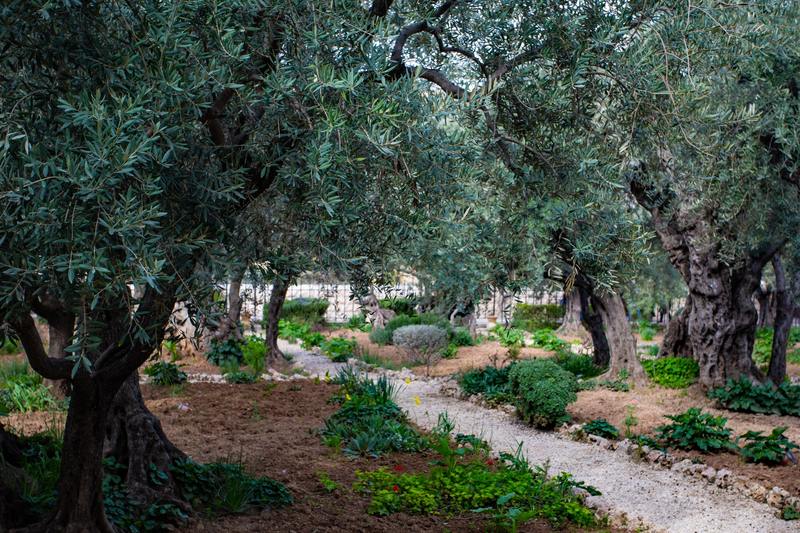
🏡 Home Decor
Ceramics 💲 💲 💲 💲
Colorful, hand-painted dishes with decorative patterns are the pride of many Italian families, especially in the south of the country. Tiles with house numbers are a particularly useful souvenirs which you can install when you return.
📌 Region: Tuscany, Sicilia Umbria
🛒 Where to buy: dedicated shops
💰 Price range: 5 - 500 EUR
🎁 For whom: grandparents, parents
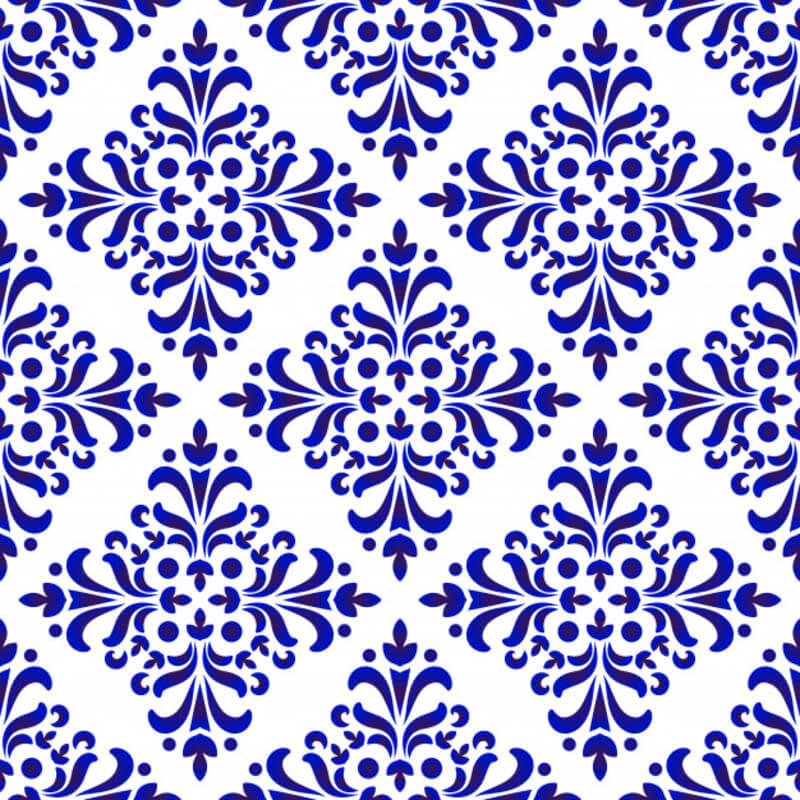
Linen 💲 💲 💲 💲
Linen is one of the oldest textiles known to man. It's popular due to its high resistance, environmental friendliness and airiness. It is not only used in the production of clothes, but also in the production of tablecloths, napkins or bed linen.
📌 Region: Veneto
🛒 Where to buy: dedicated shops
💰 Price range: 10 - 400 EUR
🎁 For whom: grandparents, parents, spouse
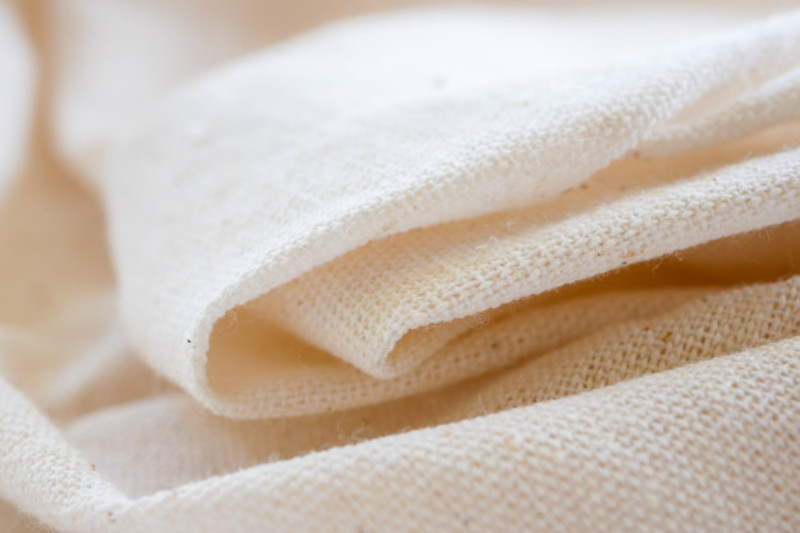
Lion head knocker 💲 💲 💲 💲
You probably associate Venetian masks and decorative glass with Murano. But do you know the regional symbol of the Veneto region? Yes, it is a lion! Many Venetians decorate their homes with special knockers with his head. You will find them in local Venetian stores. When you return, hang the knocker on the front door - WOW effect guaranteed!
📌 Region: Veneto
🛒 Where to buy: gift shops
💰 Price range: 10 - 50 EUR
🎁 For whom: grandparents, parents, friends
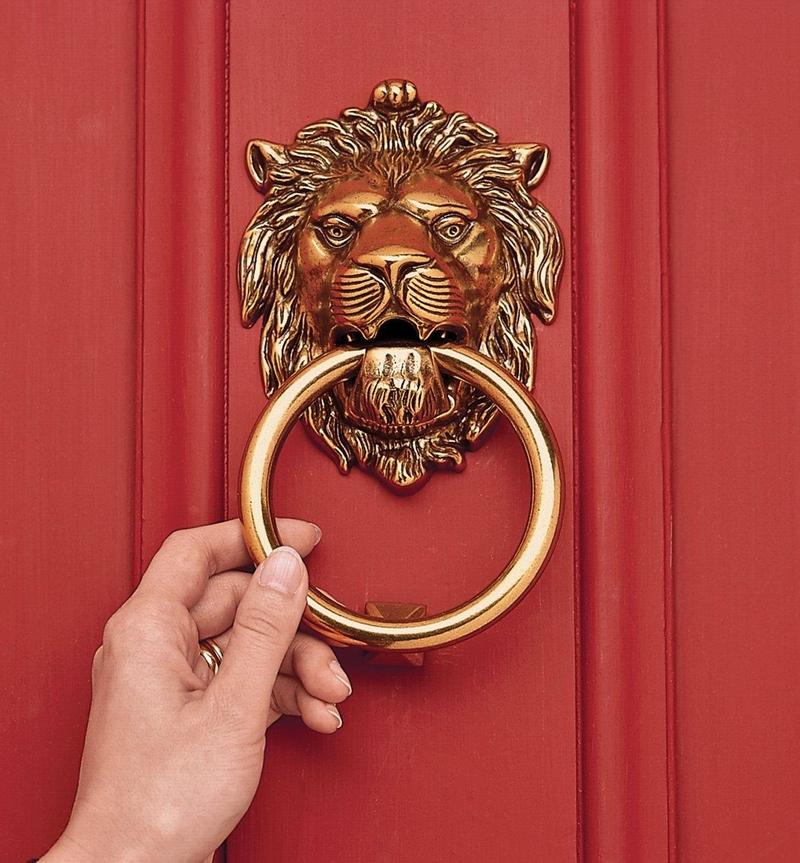
Venetian Glass 💲 💲 💲 💲
This popular handmade product is produced on the island of Murano and the process of its production can be called art. Glass makers from those regions have been famous for their unusual and groundbreaking techniques of manufacturing glass products for centuries.
📌 Region: Veneto
🛒 Where to buy: glass shops
💰 Price range: 15 - 50 EUR
💡 Pro tip: Watch out for fake glass made in China (very cheap).
🎁 For whom: grandparents, parents, spouse
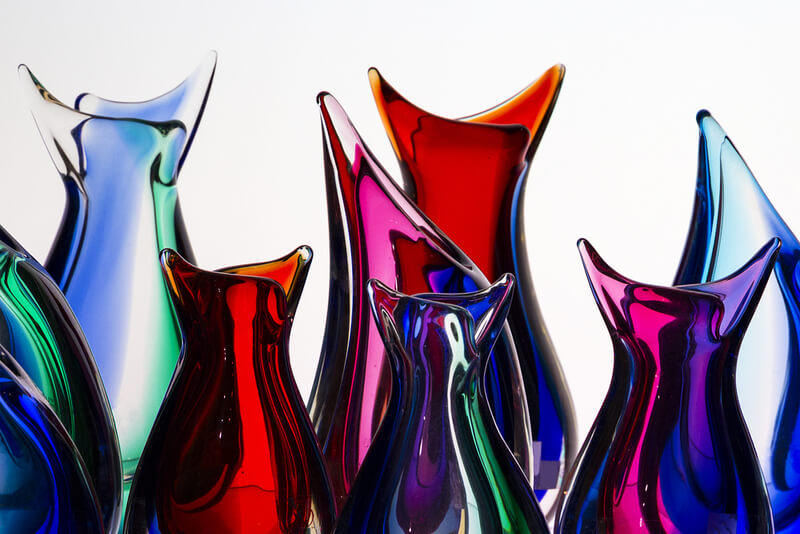
 Italy - Souvenirs
Italy - Souvenirs
We hope that in this article you have found some suggestions of souvenirs from Italy that you liked! Or maybe you have a different idea of what to bring from Italy to your loved ones? Be sure to write!
Did you find this information valuable?
Thank you for co-creating with us! 😊 Remember to give us feedback by pressing the thumbs up or down under every section.
The quality of content is essential for us. Please let us know what influenced your opinion.
Thank you!
Italy packing list 💡
- Comfortable, proven shoes - Visiting Italy involves a lot of walking, so do not forget about comfortable shoes!
- SPF cream and sunglasses - A minimum filter of 30 SPF, because the Italian southern sun can be dangerous for you.
- Travel Adapter - In Italy, you can find several types of sockets, so it is possible that you will not find those used in your home country everywhere.
- Scarf - You can cover with it your head from the sun and shoulders or knees when entering churches.
- Ski / snowboard equipment - If you are going skiing, it is more profitable to bring your own equipment.
Did you find this information valuable?
Thank you for co-creating with us! 😊 Remember to give us feedback by pressing the thumbs up or down under every section.
The quality of content is essential for us. Please let us know what influenced your opinion.
Thank you!
Get a personalized packing list before travel to Italy 🧳
Health information
Health risks and required vaccinations
Packing lists
Personalized item list to pack matching your destination
Weather insights
Packing list adjusted to local weather
To-do lists
Everything you need to do before leaving home
Weight limits
Never pay excess baggage fees again
Local prices
Average cost of food, tickets and accommodation
Things to do in Italy ⭐
- Most popular sports: 🎿 Skiing, 🚴♀️ Cycling, 🏄 Windsurfing
- Most popular activities: 🥾 Hiking, 🏖️ Sunbathing, 🐎 Horse tours
- Must see places: ☱ Garda Lake, 🏺 Pompeii, 🏛️ Rome
Top attraction in Italy 📸
Tourist information about Italy
| Country | Italy |
| Capital | Rome |
| Currency | European euro |
| Language | Italian |
| Timezone | GMT+1 |
| English speaking | Not widely spoken |
| LGBT tolerance | Very low |
| Gender ratio (overall) | 51% | 49% |
| Population | 60.5 mln |
| Visitors per year | 64.5 mln |
Did you find this information valuable?
Thank you for co-creating with us! 😊 Remember to give us feedback by pressing the thumbs up or down under every section.
The quality of content is essential for us. Please let us know what influenced your opinion.
Thank you!
Useful information about Italy
| Card payments | |
| ATM Availability | Widely available |
| Suggested ATM takeout | 100 EUR |
| Drinking in public | |
| Tap water | |
| Internet speed (avg.) | 41 Mbps |
| Socket type |
|
| Best taxi app | |
| Public toilets | Popular & Paid |
| Top mobile providers | TIM, WINDTRE, Vodafone |
| Best internal air carrier | Alitalia |
Did you find this information valuable?
Thank you for co-creating with us! 😊 Remember to give us feedback by pressing the thumbs up or down under every section.
The quality of content is essential for us. Please let us know what influenced your opinion.
Thank you!
Cost of living in Italy
| Meal, Inexpensive Restaurant |
15 EUR
17.68 USD
13.12 GBP
63.34 PLN
|
| Meal for 2 People, Mid-range Restaurant |
50 EUR
58.94 USD
43.73 GBP
211.12 PLN
|
| Domestic Beer (0.5 liter draught) |
4.5 EUR
5.31 USD
3.94 GBP
19 PLN
|
| Gasoline (1 liter) |
1.57 EUR
1.85 USD
1.37 GBP
6.63 PLN
|
| One-way ticket (public transport) |
1.5 EUR
1.77 USD
1.31 GBP
6.33 PLN
|
Did you find this information valuable?
Thank you for co-creating with us! 😊 Remember to give us feedback by pressing the thumbs up or down under every section.
The quality of content is essential for us. Please let us know what influenced your opinion.
Thank you!
Quality of life in Italy
| Quality of life | Moderate |
| Safety Index | Moderate |
| Healthcare likability | High |
| Climate likability | Very high |
| Costs of living | Moderate |
| Level of pollution | Moderate |
Did you find this information valuable?
Thank you for co-creating with us! 😊 Remember to give us feedback by pressing the thumbs up or down under every section.
The quality of content is essential for us. Please let us know what influenced your opinion.
Thank you!
Important numbers
| General emergency number (mobile phone) | 112 |
| Fire | 115 |
| Police | 113 |
| Ambulance | 118 |
Did you find this information valuable?
Thank you for co-creating with us! 😊 Remember to give us feedback by pressing the thumbs up or down under every section.
The quality of content is essential for us. Please let us know what influenced your opinion.
Thank you!

